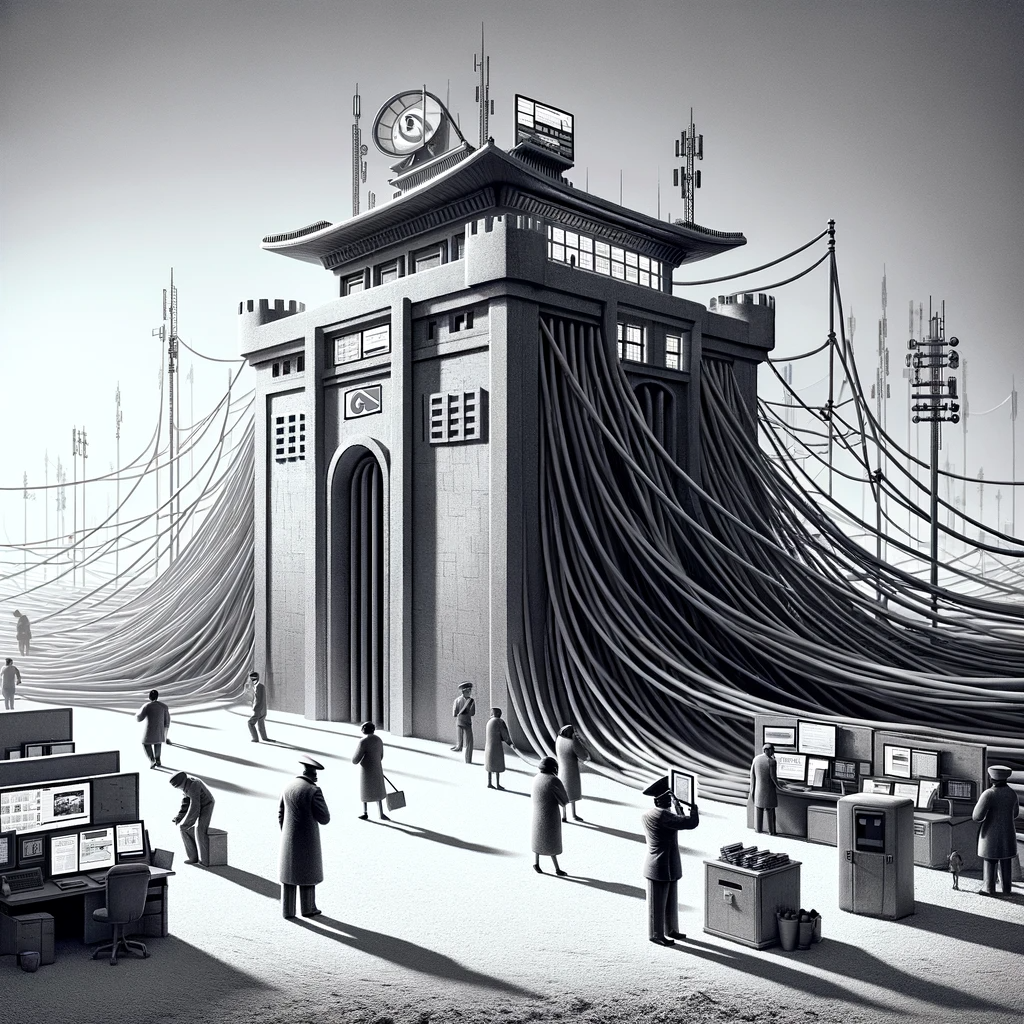North Korea’s government’s expertise in information control reaches a climax through its manipulation of the internet and harsh regulation of media outlets. This dictatorship has painstakingly built a narrative that preserves its control while suffocating opposition, relying on a combination of restricted internet access, state-sponsored propaganda, and severe monitoring.
North Korea’s online landscape is a digital fortress, with only a select few having access to the global internet. According to the OpenNet Initiative, only a small percentage of the population, especially high-ranking officials, has access to the national intranet. This intentional isolation acts as a powerful barrier, shielding citizens from external influences that might question the regime’s narrative.
A network of state-sponsored websites and media outlets serves as the regime’s propaganda engine. According to research undertaken by the Korea Institute for National Unification, these outlets are omnipresent, transmitting a highly edited version of reality. The content glorifies the ruling Kim family, portraying them positively while vilifying other forces. Citizens have restricted access to opposing viewpoints, which fosters a warped worldview that accords with the government’s objective.
North Korean media outlets serve as extensions of the state, with journalists serving as conduits for government propaganda. In its 2022 report, Reporters Without Borders emphasized the lack of press freedom, underlining the harsh penalties faced by journalists who dissent from the mandated narrative. Fear and self-censorship ensure that protest is suppressed and alternative voices are muted.
The regime’s monitoring apparatus strengthens its hold on information even further. Citizens are fully aware that their online activities are being watched, generating a climate of paranoia and self-censorship. This widespread surveillance extends beyond the digital sphere, into private discussions and suppresses any desire for resistance.
To summarize, North Korea’s control of online propaganda and media outlets is a critical component of the regime’s authority-maintenance strategy. The figures emphasize the purposeful nature of this control, indicating a dictatorship intent on shaping a single narrative, suppressing dissent, and isolating its subjects from external influences that might undermine the status quo.

